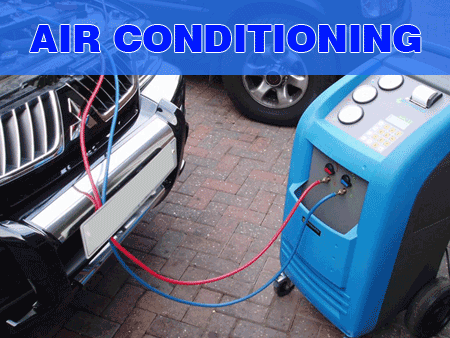When the sweltering Brisbane heat hits, having a fully functional car air conditioning system is essential for comfort and safety car aircon regas Brisbane. One critical aspect of maintaining your car’s air conditioning (AC) system is regular regassing. But how often should you regas your car’s air conditioning? In this ultimate guide, we’ll explore the importance of regassing, how often it should be done, and tips for maintaining your car’s AC system.

What is Car Aircon Regas?
Car aircon regas, or refrigerant recharge, is the process of replenishing the refrigerant in your vehicle’s air conditioning system. Refrigerant is a crucial component that allows your AC to cool the air circulating in your car. Over time, refrigerant can leak, reducing the system’s efficiency and leading to poor cooling performance. Regassing restores the refrigerant levels, ensuring your AC functions optimally.
Signs Your Car Needs Regassing
It’s essential to be aware of the signs that indicate your car’s air conditioning may need regassing:
- Weak or No Cool Air: If the air blowing from your AC vents is not as cool as it used to be, it’s a sign that the refrigerant levels are low.
- Strange Noises: Unusual sounds, such as hissing or clicking, can indicate a problem with the AC system, possibly related to low refrigerant.
- Frequent Cycling: If your AC frequently turns on and off without providing consistent cooling, it could be a sign of low refrigerant levels.
- Visible Leaks: Puddles or stains under your car can indicate refrigerant leaks.
How Often Should You Regas Your Car Air Conditioning?
In Brisbane’s climate, it’s generally recommended to regas your car’s air conditioning every 1 to 2 years. However, several factors can influence how often you need to perform this maintenance:
- Usage: If you use your car’s AC frequently, especially in the hotter months, you may need to regas more often.
- Age of the Vehicle: Older cars may experience more wear and tear, leading to quicker refrigerant loss.
- AC Performance: If you notice a decline in cooling performance, it’s wise to have the system checked and regassed if necessary.
The Regassing Process
The regassing process typically involves the following steps:
- System Check: A qualified technician will inspect the AC system for leaks and other issues.
- Evacuation: The old refrigerant is removed from the system to ensure it is clean and ready for new refrigerant.
- Recharge: New refrigerant is added to the system, along with any necessary oil to keep the compressor lubricated.
- Testing: The technician will run the system to ensure everything is functioning correctly.
Tips for Maintaining Your Car’s AC System
To prolong the life of your car’s air conditioning system and reduce the frequency of regassing, consider the following tips:
- Run Your AC Regularly: Even in cooler months, run your AC for about 10 minutes every few weeks. This helps keep the components lubricated and prevents refrigerant leaks.
- Check for Leaks: Regularly inspect your AC system for any signs of leaks or damage, and address them promptly.
- Replace Cabin Air Filters: A clean cabin air filter ensures better airflow and performance from your AC system.
- Schedule Regular Maintenance: Have your vehicle serviced regularly by a qualified technician to catch potential problems before they escalate.
Conclusion
Maintaining your car’s air conditioning system is vital for ensuring comfort during Brisbane’s hot days. Regular regassing, typically every 1 to 2 years, will help keep your AC running efficiently. If you notice any signs of a malfunctioning AC system, don’t hesitate to consult a professional. By following the tips outlined in this guide, you can extend the life of your air conditioning system and enjoy a cool, comfortable ride all year round.
